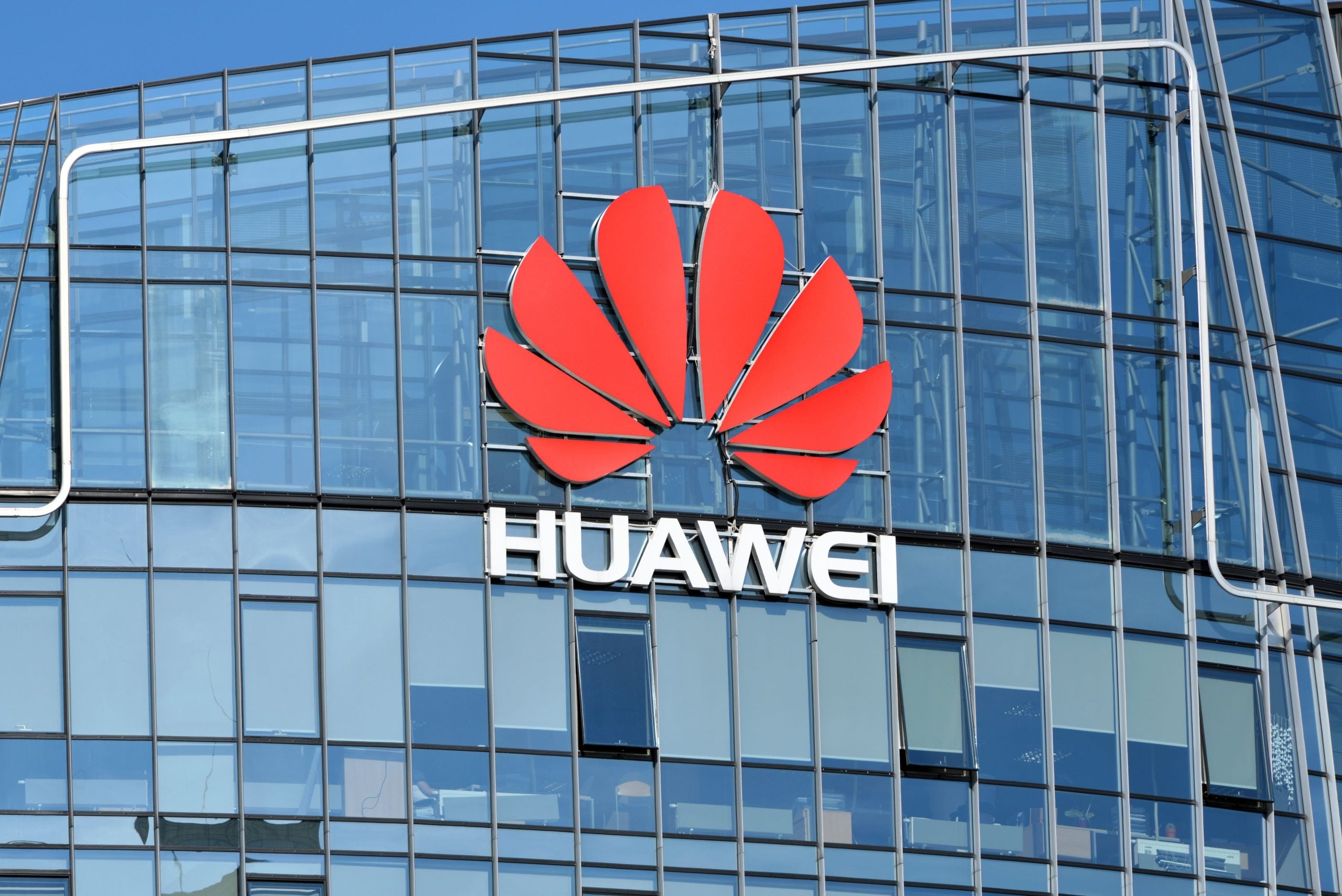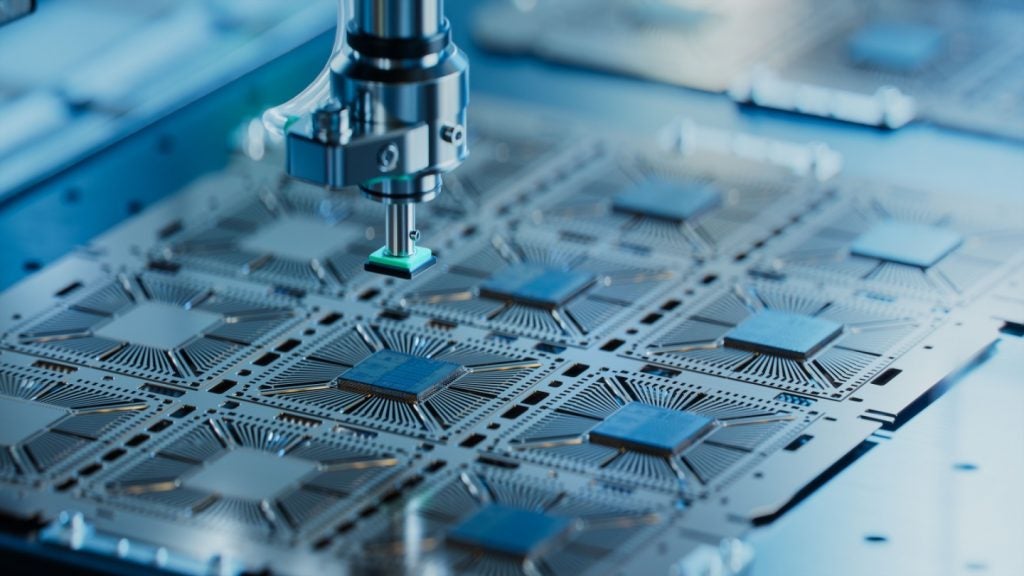
Chinese tech giant Huawei announced plans on Monday (4 Sept) to open a cloud data centre in Riyadh, Saudi Arabia, as part of its planned expansion into the Middle East.
The cloud data centre, which will be Huawei’s 30th cloud data centre worldwide, is poised to serve government services, artificial intelligence (AI) applications, and the development of Arabic large language models.
Huawei announced in February that it would invest $400m to strengthen its cloud region in Saudi Arabia. Cloud regions are locations where the data centre owned by public cloud service providers operate.
The announcement follows the opening of Huawei’s regional headquarters in Riyadh. Saudi Arabia has said it will no longer sign deals after 2023 with foreign companies that are not headquartered in the country.
In 2022, Meta opened its regional headquarters serving the Middle East and North Africa region in Dubai Internet City. Crown Prince Hamdan bin Mohammed bin Rashid al-Maktoum opened the company’s regional headquarters, which accommodates up to 100 employees.
Cooperation between China’s tech sector and the Middle East has drawn scrutiny from US officials in recent months over concerns about Beijing’s AI ambitions.
How well do you really know your competitors?
Access the most comprehensive Company Profiles on the market, powered by GlobalData. Save hours of research. Gain competitive edge.

Thank you!
Your download email will arrive shortly
Not ready to buy yet? Download a free sample
We are confident about the unique quality of our Company Profiles. However, we want you to make the most beneficial decision for your business, so we offer a free sample that you can download by submitting the below form
By GlobalDataOn 31 August, the US expanded its export restrictions of NVIDIA H100 and A100 AI chips to the Middle East in an effort to curb China’s AI expansion.
The restrictions are thought to be a redoubled effort by the US to curb China’s access to AI resources by restricting Middle Eastern links to Beijing.
Huawei’s 7-nanometre breakthrough
Following the toned-down release of its Mate 60 Pro phone last week, users on China’s Weibo speculated that Huawei had circumvented US restrictions on exporting 14 nanometre chips.
It has since been revealed that Huawei’s Mate 60 is powered by a Kirin 9000s chip, an advanced 7-nanometre processor. The processor was manufactured domestically through Semiconductor Manufacturing International Corp, according to tests by TechInsights.
In 2019, Huawei was added to a list of companies under US export controls, which meant that the telecommunications company was restricted from buying advanced chips and software from US businesses.
Embattled by the pandemic and trade restrictions, Huawei stated that it was operating in “survival mode” in 2020, which continued for the next three years.
The company’s business revenue peaked at $67bn in 2020 but almost halved in 2021.
Though the new chip still lags behind US semiconductor capabilities, it marks an important milestone in China’s advancement towards semiconductor self-sufficiency.
The US Semiconductor Industry Association alleged last week that Huawei is operating secret chip-making factories in China to bypass US sanctions.






